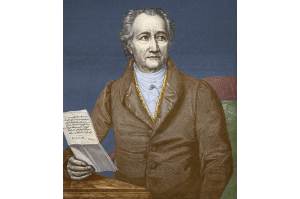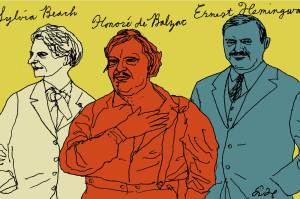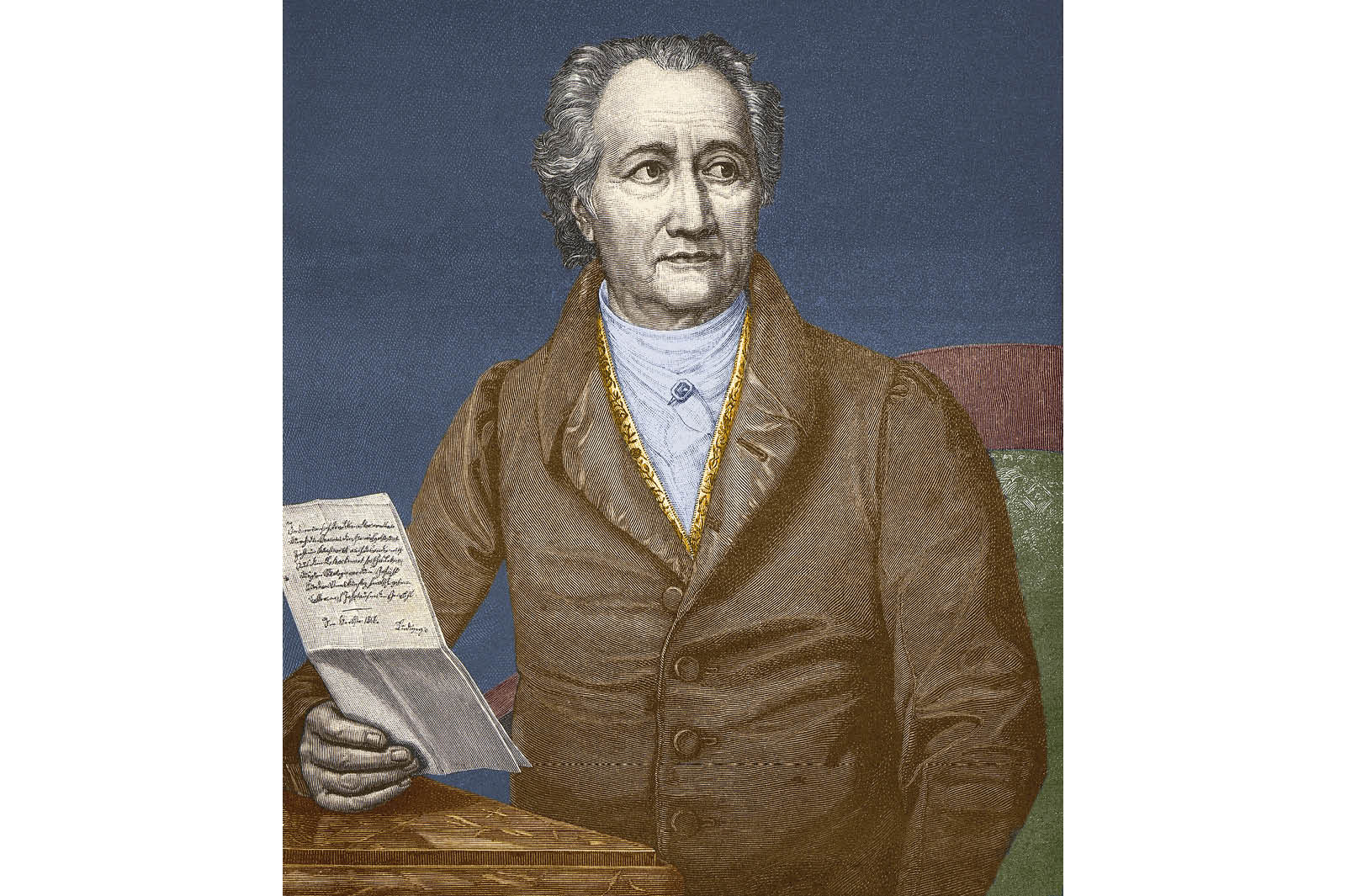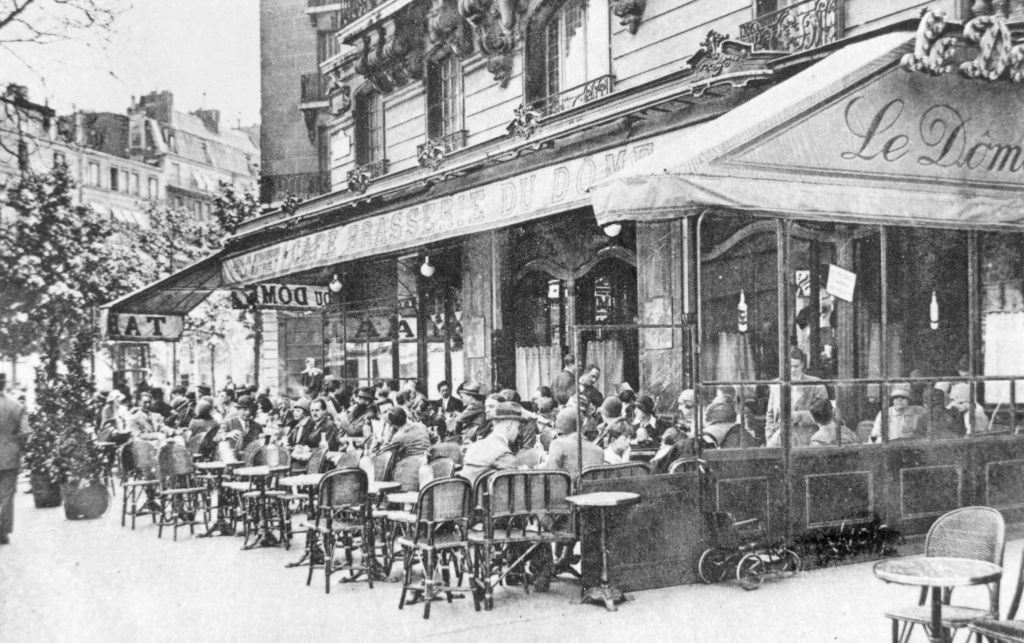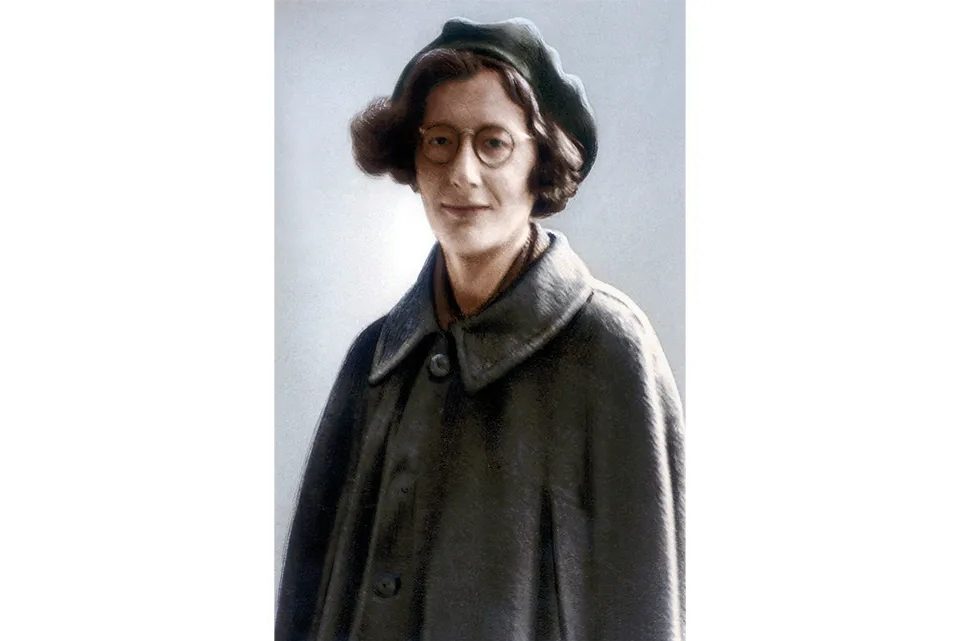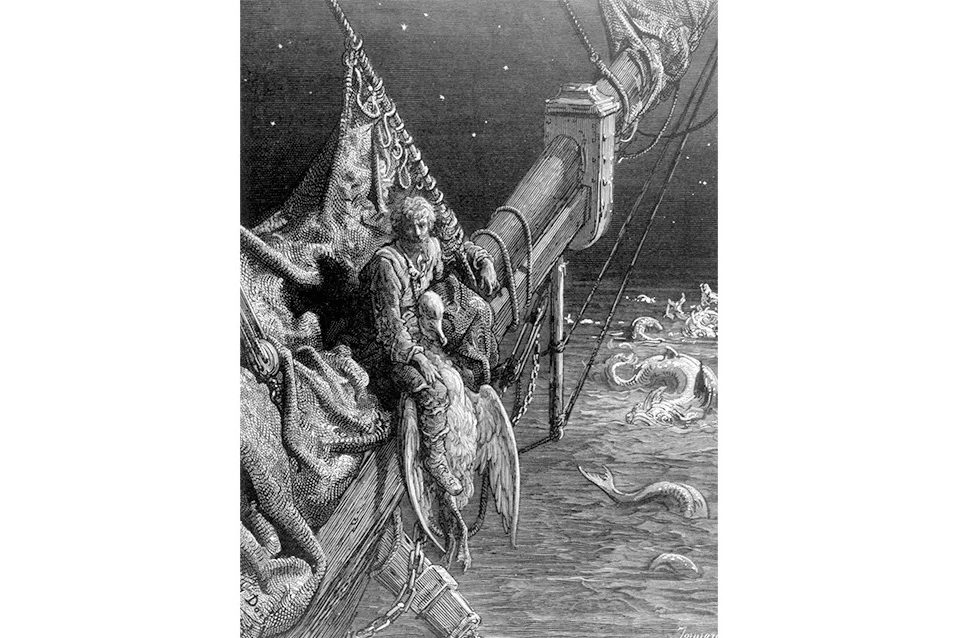Picture the scene: a twenty-something college student, desperately trying to impress a girl he’s met for a date. He’s early, but that isn’t a problem as it gives him a chance to sit nonchalantly with his ever-so-artfully-battered paperback. It’s Rimbaud’s Collected Poems: intellectual, sensual, rebellious — everything he wants to be perceived as. He props the book up so that the poet’s name is visible and waits for his delicate intellectualism to be applauded.
The only thing missing from this tableau is the name of the poems’ translator, assuming that the student isn’t pretentious enough to be carrying around the original French. A smaller name on the fragile paperback, the translator is generally unmentioned, forgotten, and obscured. This problem is not limited to some imaginary sophomore’s dating life. Elena Ferrante’s 2006 novel The Lost Daughter was adapted into a 2021 film, directed by Maggie Gyllenhaal and met with resounding critical acclaim. Its narrative is, in both the novel and film, about translation: Leda Caruso (Olivia Colman) is a professor of literature who translates poetry from the English to the Italian. Ferrante wrote the novel in Italian, and it appeared in English in 2008 thanks to the work of the American translator and editor, Ann Goldstein.
Maggie Gyllenhaal did not work from Ferrante’s original. Despite her changes to the plot (the setting moves from Italy to Greece; Leda becomes English; the family on the beach become American), Goldstein’s cadences hover over the claustrophobic, sun-beaten film. But, when Gyllenhaal won the award for best screenplay at the Venice Film Festival, Goldstein’s name was itself lost. Gyllenhaal herself has stressed her own act of translation from prose to screen: “I had to hold this idea in my hands and carefully bring it over to the other side.” She appeared to take no umbrage with the New York Times journalist’s question “what does the role of translator mean to you?” (After considerable pressure, Gyllenhaal acknowledged Goldstein in her acceptance speech at the USC Scripter Awards).
I have no difficulty with accepting that the act of moving a story from prose to screen is an act of translation or transposition — but to deny Goldstein’s influence is to perpetuate the idea that linguistic translation is not an art form in itself. It is something lesser, something purely mechanical and necessary for a work to reach a larger audience.
Why are we so content to minimize and forget the work of translators? We happily say “I’m reading Anna Karenina” without mentioning which translation from the Russian (the Louise and Aylmer Maude version, every time; fight me) — or proclaim our love of poets we’ve never read in the original. Lorca makes me cry, but I’ve never read his work other than mediated through the thoughts and words of others. We declare “this is the summer I’m going to read Proust,” without mentioning which version. Even the names of the books change between translations.
Translation is not the act of rendering word-for-word meaning, but of conveying tone, images, allusions — and subtleties. This is all the clearer in poetry, where rhyme, meter and metaphor complicate the task. The brilliant journal Modern Poetry in Translation accepts the fun and excitement of these challenges. Their most recent issue features works translated from American Sign Language while, in response to the Ukraine crisis, they recently made their 2017 issue War of the Beasts and the Animals: Russian and Ukrainian Poetry available to read freely online.
There is, of course, a beguilingly straightforward purpose to a journal like MPT: translation gives poetry a wider audience. As Edward Hirsch put it in his 2014 book A Poet’s Glossary, translation “brings the world to our doorstep.” But there is something more philosophical, more intangible. If poetry is, as Robert Frost put it, “what gets lost in translation,” then the act of translation opens the possibility for other things to be found. To take one brief and fragmentary example, when Anthony Mortimer translates Baudelaire’s “Le Revenant” and renders “comme les anges à l’œil fauve” as “with bestial angelic eyes,” he has not just rendered the meaning exactly: he has swapped the order of the angels and the animal and replaced “fauve” — meaning a wild cat — with “bestial.” A feline element has been lost in translation, but a new emphasis has been found.
It is all too easy to lambast translation — and translation seems only to gain critical attention when it fails. Simone de Beauvoir’s 1949 feminist tome The Second Sex has never, alas, been translated into English by someone who has both a coherent grasp of existentialist philosophy and a strong command of the French language. Next time you pick up some foreign-language classic, pay a moment’s thought to the man or woman who picked apart those words before you. Who knows: maybe the PEN Translation Prize will someday be as critically revered as the Man Booker.
This article was originally published in The Spectator’s July 2022 World edition.











